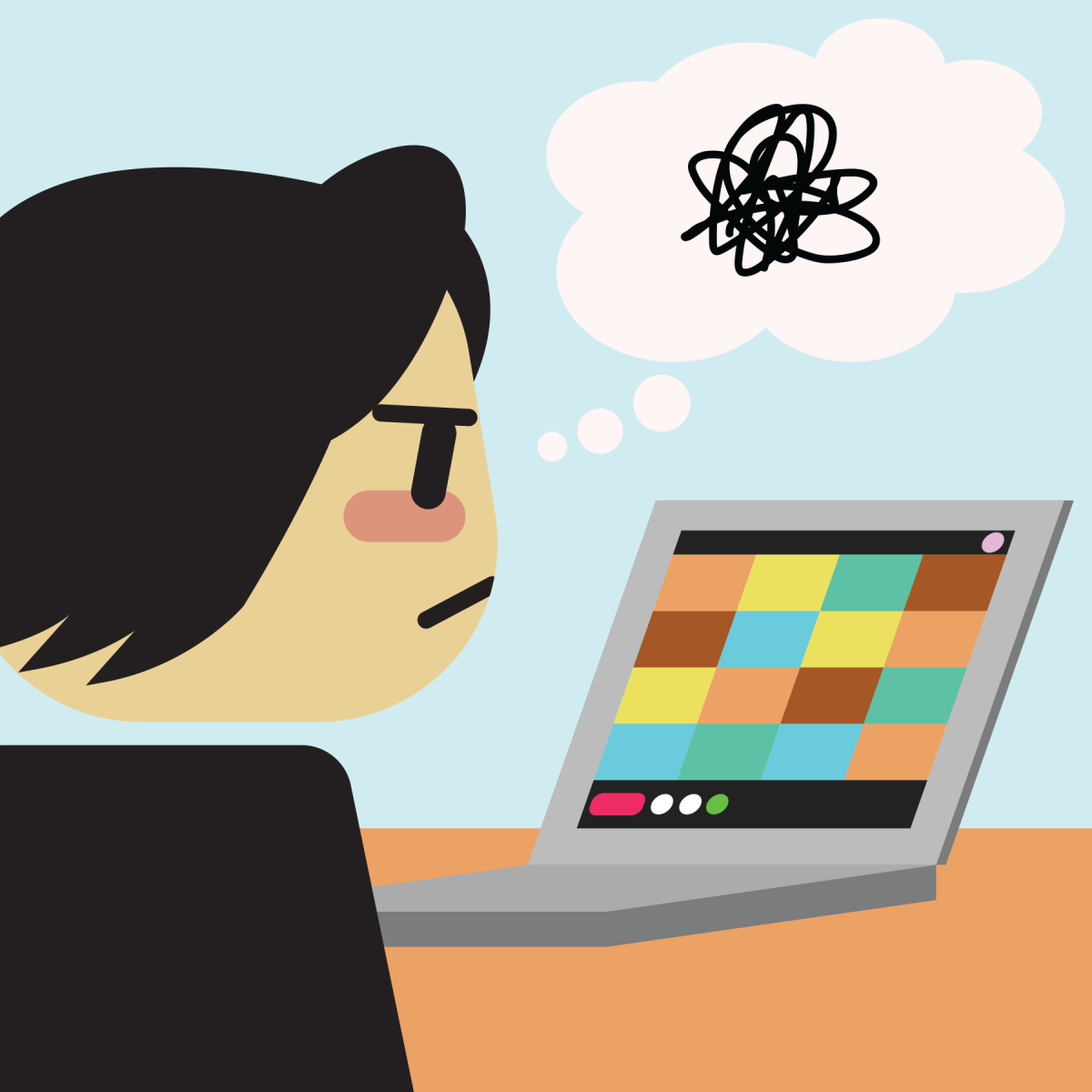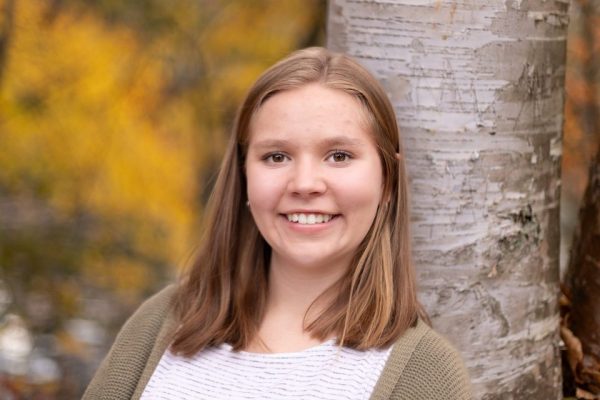Each school year comes with its own unique set of challenges, but recently there have been obstacles that many students today have had to face.
The year 2020 is historically significant for many reasons, but one of the main ones is the COVID-19 global pandemic. This historic time left no part of our lives untouched. Schools around the globe moved to online instruction and the next school year started the same way, which affected all students differently.
This fall, students all throughout Western North Carolina have felt the impact of hurricane Helene due to the sudden and lengthy pause in the school year. Hurricanes and the COVID-19 pandemic fall into a shared category: natural disasters.
I started high school in the fall of 2020 and I just started here at App State this fall. Besides these both being freshman years for me, the other thing they share is that they have both been impacted by natural disasters.
During the latest disaster of Hurricane Helene, my community here in Boone was affected along with my home county, Haywood County. After having my life turned upside down for a while by these two natural disasters at different times but not that far apart, I began to wonder, how does that impact me and my peers as college students and will there be more in the future? The first question is easier to research than the second one.
As climate change becomes a more prevalent and impactful issue, natural disasters will only become more frequent and extreme. Along with the progression of climate change, technology has also vastly improved over the past 20 years and so many of our technical improvements have led to some reduction of emissions in many countries. It is up to us, as engaged citizens of the world, to be a part of the positive change that has to take place in order to try to preserve our beautiful planet.
Unplanned interruptions that occur in the middle of the school year spanning a decent amount of time can have problematic effects in a higher education setting when it comes to the more nitty-gritty side of college.
There are parts of general student enrollment that are crucial to academic success. Natural disasters have a direct impact on enrollment for the next academic year, registration, attendance, retention and the end goal for every student in college: graduation.
There are multiple factors that contribute to enrollment being affected after a natural disaster, but the main ones include adverse changes in physical infrastructure, economic impacts, psychological impacts, resource scarcity, the breakdown of social networks and the general disruption of academic programs and schedules.
Academic interruptions do not just have an immediate impact on students, they can also have lasting ones.
When a student’s family lives in a location that was heavily impacted by a hurricane, tornado, flooding or any other natural disaster, they are likely to have worse performance than their peers and have a higher chance of dropping a more difficult class. The chance of defaulting their student loans post graduation is also more likely. A student does not have to be directly impacted by natural disaster in order for these negative effects to seep in.
Natural disasters do not only impact those currently enrolled in a university, but those who hope to enroll in the future. College is a large financial strain and sometimes it is a disaster that pushes higher education out of the picture. Future personal finances are impacted when a person does not attend college due to not being able to afford to do so.
Personal finances influence almost every aspect of our lives and it is personal finance that takes the biggest hit when a natural disaster occurs. Most flood relief goes to initial and basic needs such as water, clothing, housing, transportation and so on. However, many college students may fall through the cracks.
On the other hand, a student being in college can make all the difference in someone being able to access necessary resources. Sometimes it is the fact that someone is a part of a large academic community that can lead to people getting what they need.
It can be overwhelming to think about the quantity and intensity of natural disasters that individuals have had to experience in recent years. Many people chalk up the occurrence of natural disasters to the pure chance of Mother Nature but as time goes on the influence that humans have over our natural world only increases.
After the outbreak of the COVID-19 pandemic there were safety protocols that were immediately implemented. There were stay at home orders, recommendations to practice social distancing, wear masks, wash your hands more frequently and practice overall better cleanliness. All of the practices are called nonpharmaceutical interventions, or NPIs.
For about the first year of the pandemic NPIs were the only protection against COVID-19 due to medications and vaccines still undergoing creation, development, and testing. Countries that implemented the use of NPIs earlier saw lower rates of infection, lower death rates and less significant economic losses, but few countries did this.
In America the pandemic was coupled with political turmoil. Many refused to use NPIs and some even argued COVID-19 was not real. NPIs reduced the spread of COVID-19 but the conspiracy of the virus’s seriousness and even existence led to many not using NPIs leading to higher rates of infection.
The more frequent and intense storms, wildfires and droughts seen around the world due to global warming, all the way to the global pandemic of 2020 have forced students to have to survive and overcome a lot. Modern students have used these experiences to grow in both academic skills and personal ones.
Students and young people, like myself, have had to deal with challenges including natural disasters like COVID-19 and Hurricane Helene that past generations have not. There is more information in our world today than ever before.
As someone who holds hope for the future, I can only trust that these recent events along with the modern technology and information we have today will help us prevent these devastating disasters in the future. Hopefully, these events will result in a more prepared and understanding individual of the global community.


